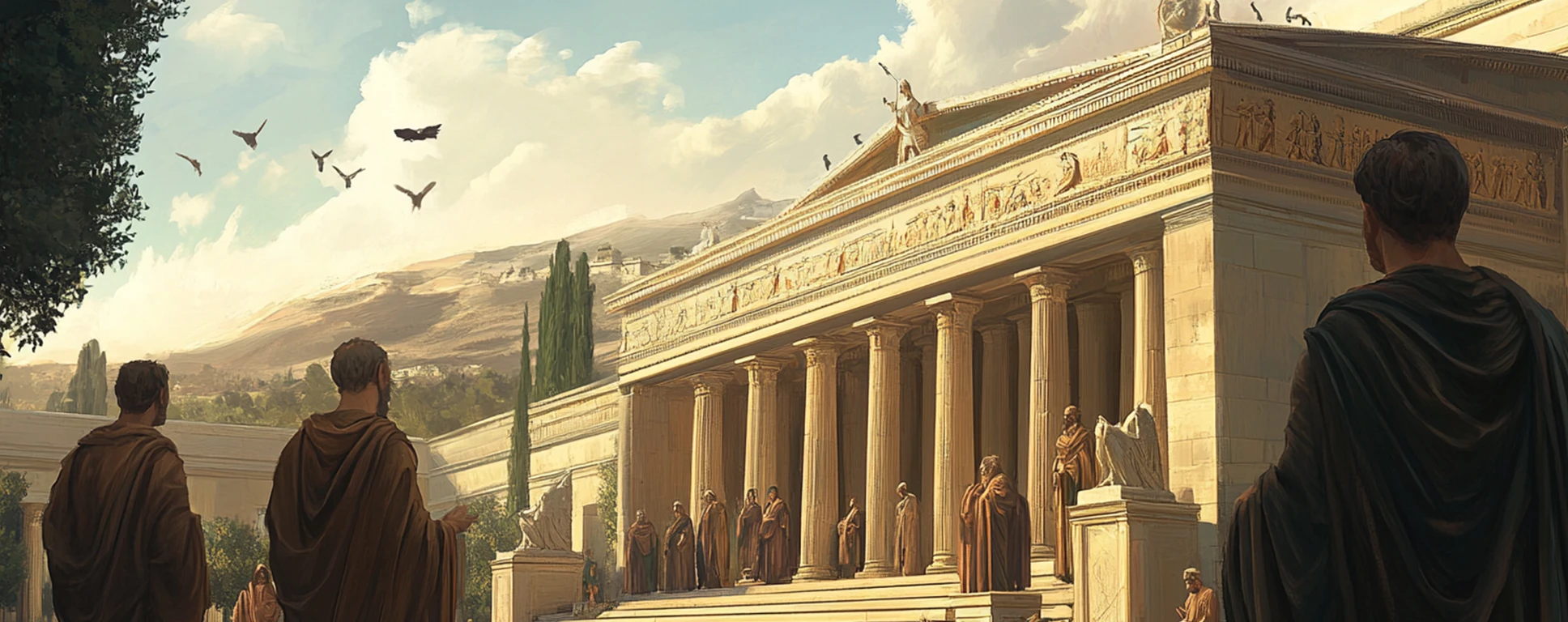
The Philosophy of Life and Death
Course Description
The focus of this course will be how philosophy arises in response to problems in the conditions of human life, especially our mortality and the prevalence of social injustice.
Every one of us will die one day; and every one of us suffers from and/or helps perpetuate some form of injustice. These can be sources of alienation, suffering, and bad choices; they can also be sources of conviction, bravery, and wisdom.
We will aim to understand how philosophy fits into this picture, and especially how a person can use philosophy to find meaning for their life in relation to both death and injustice. Topics will include how the fear of death affects us in life, the prospect of “critical” consciousness in relation to death, and understanding the political dimensions of life & death.
We will discuss ancient texts and figures, such as Plato’s Socrates and the Buddha, as well as contemporary philosophical work and social issues in the US and elsewhere.
Academic Interest
Examining Culture and Society, Humanities (e.g, arts, literature, philosophy)
Application Materials
A complete application includes a transcript, two short essays, a letter of recommendation, writing sample, application fee, and a submitted parent confirmation. If you are seeking need-based financial aid, you must indicate that in your application before it is submitted. Please refer to the Application Instructions for complete details.
Instructor(s)
John Proios
Cost
$9,300
Other Courses to Consider
These courses might also be of interest.
 The World of Greek Philosophy
The World of Greek PhilosophyThis course will serve as an introduction to ancient Greek philosophy and literature of the pre-Classical, Classical, and Hellenistic Greek world, and their conceptions that at once influence and differ from our own. In addition to discussing traditional Greek understandings of virtue, honor, and happiness, we will consider how intellectual life was believed to help people find meaning, purpose,and self-fulfillment and shape their ethics. We will recreate the experience of Greek intellectual culture in simulated marketplace disputations and (nonalcoholic) symposia while reading and discussing works from Pre-Socratics, Plato, Aristotle, Sophocles, Euripides, Euclid, and the Stoics, in an effort to understand not just what but how they thought.
Residential The Philosophy of Love
The Philosophy of LoveLove is one of the most important, profound things in life; and yet, it is notoriously hard to articulate just what love is.
In this course, we will inquire about the nature of love, addressing some of the central questions that have occupied philosophers of love. Why do we love what we love? Who can love, and who can be loved? What does love demand of us, and how can we love well? What is the relationship between love and morality? And what is love?
We will seek an understanding of love that can account, in particular, for the central role that love plays in human life – the sense in which it is “what makes the world go ‘round.” We will discuss historical and contemporary philosophical texts, such as Plato’s Symposium, bell hooks’ all about love, and Harry Frankfurt’s The Reasons of Love, as well as literature and film.
In the course of our inquiry, we will consider the ways that philosophical reflection – with its focus on conceptual clarity, rational argumentation, and communicative precision – can be enriched by literature and film while, in turn, helping us to better understand literature, film, and life.
Residential Mind and Reality
Mind and RealityThis course brings together the philosophy and the sciences of the mind to examine fundamental questions about our subjective experience of the world, ourselves, and others such as: What is consciousness? Do we all experience and represent the world in the same way? Can we know other minds? What is it like to be other animals? Can machines perceive, think, or feel?
The first half of the course challenges the naïve impression that our conscious experience of reality is a passive and accurate reflection of how the world is. By introducing a range of scientific phenomena such as visual illusions, false memories and cognitive biases, the lectures will engage students in analyzing how our experience of an external and internal reality is actively constructed by our minds. Besides lectures, we will do field trips to several museum exhibits to explore hands-on the complexity and error-proneness of our mental processes.
The second half of the course delves into ancient and contemporary philosophical thought on the nature of mental representation, self-consciousness, and knowledge of other minds. We will examine how fundamental questions about the nature of our minds can be addressed through philosophical analysis and thought experiments, but also in film, science-fiction, and visual arts.
Residential